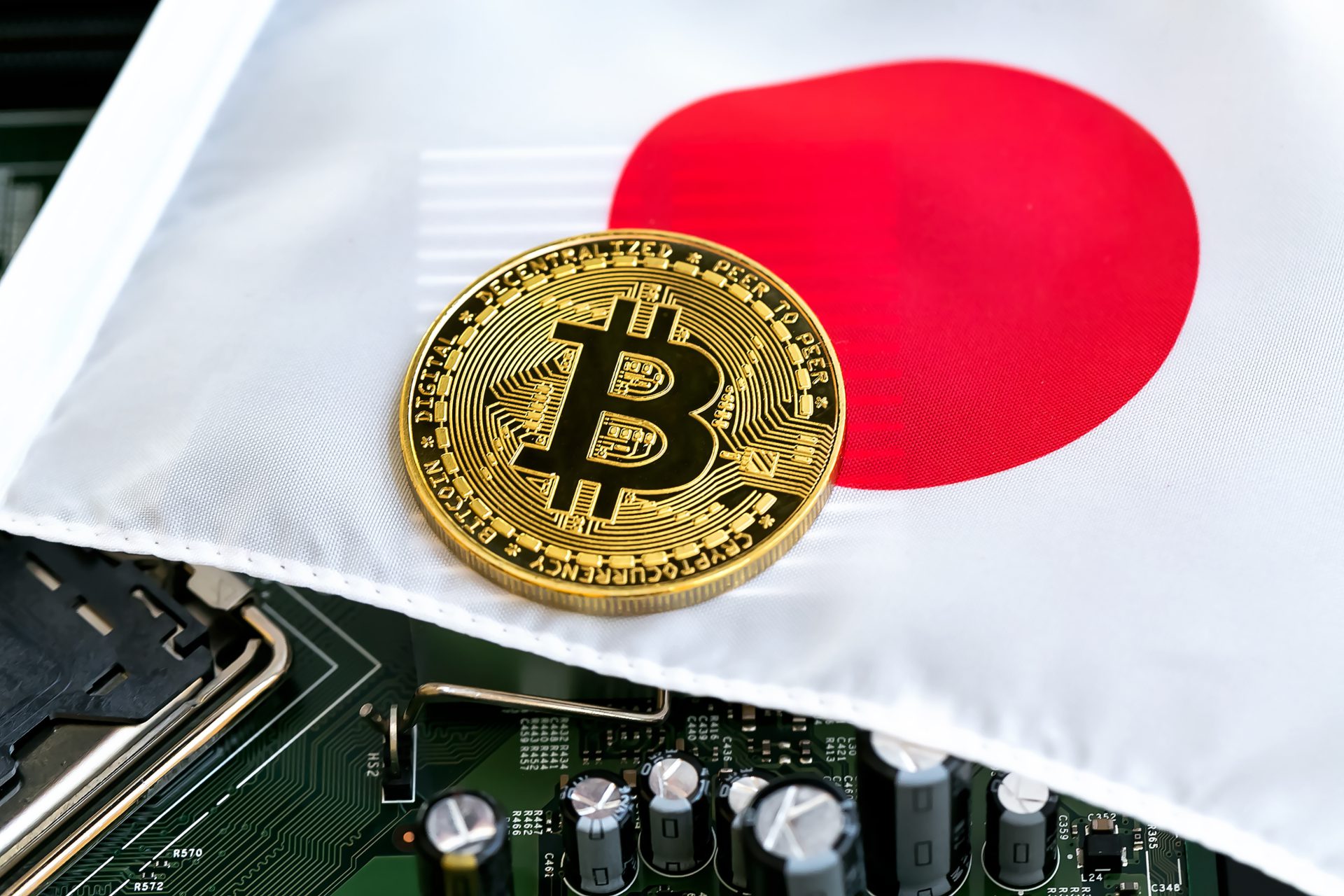
The Japanese bond market is under heavy pressure. In just a month and a half, the interest rate on 30-year government bonds has increased by 100 basic points, which led to a record return of 3.20%. Even more poignant: the 40-year bond, considered a safe investment for a long time, lost more than 20% of its value. Analysts now draw parallels with the financial crisis of 2008. But what exactly does this mean for Bitcoin (BTC)?
Causes and consequences of the Japanese bond crisis
The core of the crisis lies in an abrupt policy change of the Bank of Japan, the central bank of the East Asian country. For years, the central bank bought bonds on a large scale and thus disturbed the natural market balance. De Boj now has more than 4.1 trillion dollars in government bonds. This is more than half the total. Now that the central bank is withdrawing, an oversupply is created, which drives the interest rates and makes the market unstable.
At the same time, the Japanese economy drops. Real growth crumbled in the first quarter of 2025 by 0.7%, inflation rose to 3.6%and real wages fell by 2.1%. The IMF speaks of a structural imbalance, while The Kobeissi Letter, a well-known macroeconomic newsletter, states that Japan needs a “large-scale restructuring”.
Capital flow to Bitcoin as a result of risk-off sentiment
In the meantime, the bonds in the United States and the United Kingdom are increasing, and investors are looking for safe ports worldwide. Bitcoin is explicitly in the picture. The dismantling of the so-called ‘Yen Carry Trade’, in which cheap was borrowed in Yen to invest in foreign assets, causes risk aversion. The rise in Japanese interest rates has led to the phasing out of these positions and this reinforces the worldwide ‘risk-off sentiment.
We now see an increasing demand for Bitcoin worldwide. Analysts such as Cauê Oliveira, head of research in block trends, signal a growing correlation between bond solatility and capital inflow in BTC. Oliveira notes: “Many large players now rotate from bonds to BTC.”
Bitcoin benefits, but risks remain
Bitcoin is in the midst of all these bond chaos attractive as an alternative to traditional bonds. Yet analysts warn that the impact of an uncontrolled settlement of the Yen Carry Trade can also affect crypto, especially with a stronger dollar.
Nevertheless, it becomes clear that in times of monetary distrust and liquidity problems Bitcoin site wins as an alternative storage agent of value. The Japanese crisis once again underlines the vulnerability of traditional financial systems and thereby the growing role of digital alternatives.
Source: https://newsbit.nl/liquiditeitscrisis-in-japan-bitcoin-profiteert-als-veilige-haven/

